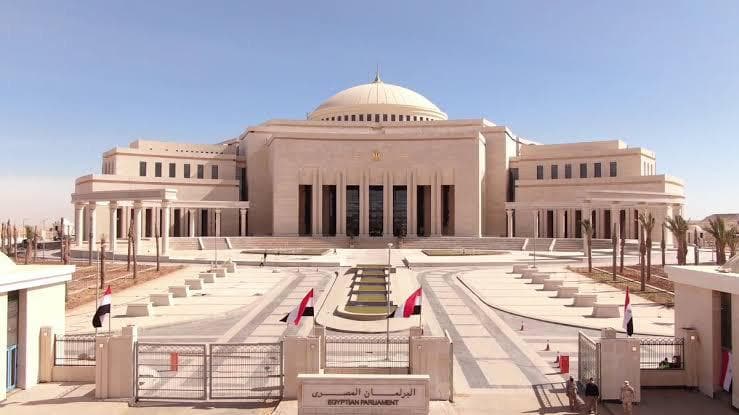
Egypt Enacts Overhauled Criminal Procedures Law After Presidential Objections
Revised legislation strengthens constitutional safeguards, expands alternatives to pre-trial detention, and mandates stricter oversight of investigative procedures.
Egyptian President Abdel Fattah Al-Sisi has ratified a revised criminal procedures law after parliament amended several contentious articles in response to his earlier objections, the presidency announced.
According to the president’s office, the House of Representatives adjusted the disputed provisions in a manner that “avoids the reasons for the objection, increases the guarantees for the protection of public rights and freedoms, responds to practical considerations, and achieves clarity.”
Al-Sisi had returned the draft law to parliament in September, raising concerns over articles related to the sanctity of the home, the rights of the accused, and the need for broader alternatives to pre-trial detention.
The new law will come into force on 1 October 2026, marking the start of the next judicial year. The transition period is intended to give judges, prosecutors, police officers, and lawyers sufficient time to familiarise themselves with the updated provisions.
Key amendments reinforce constitutional protections for private homes and clearly define the exceptional circumstances under which they may be entered. The law also regulates the presence of lawyers during the questioning of suspects whose lives may be at risk and expands safeguards for those held pending interrogation.
A notable reform is the increase in alternatives to pre-trial detention from three to seven. These include restricting an accused person’s movement to a designated area, prohibiting contact with specific individuals, and temporarily confiscating firearms.
Aligning with recommendations from the foreign ministry’s Supreme Standing Committee for Human Rights, the revised law requires cases involving pre-trial detention to be reviewed by the public prosecutor every three months to ensure timely progress of investigations.
The legislation also maintains traditional methods of notifying parties to a case while incorporating modern information technology options, to be used whenever available. Defendants in felony cases tried in absentia will gain the right to a one-time postponement of their appeal hearing to enable them to attend.
The presidency said the changes constitute “an important addition to the guarantees for the protection of human rights,” reduce reliance on pre-trial detention, and accelerate investigative and trial procedures while safeguarding the right to a fair trial.
For any enquiries please fill out this form, or contact info@thelawreporters.com and Follow The Law Reporters on WhatsApp Channels